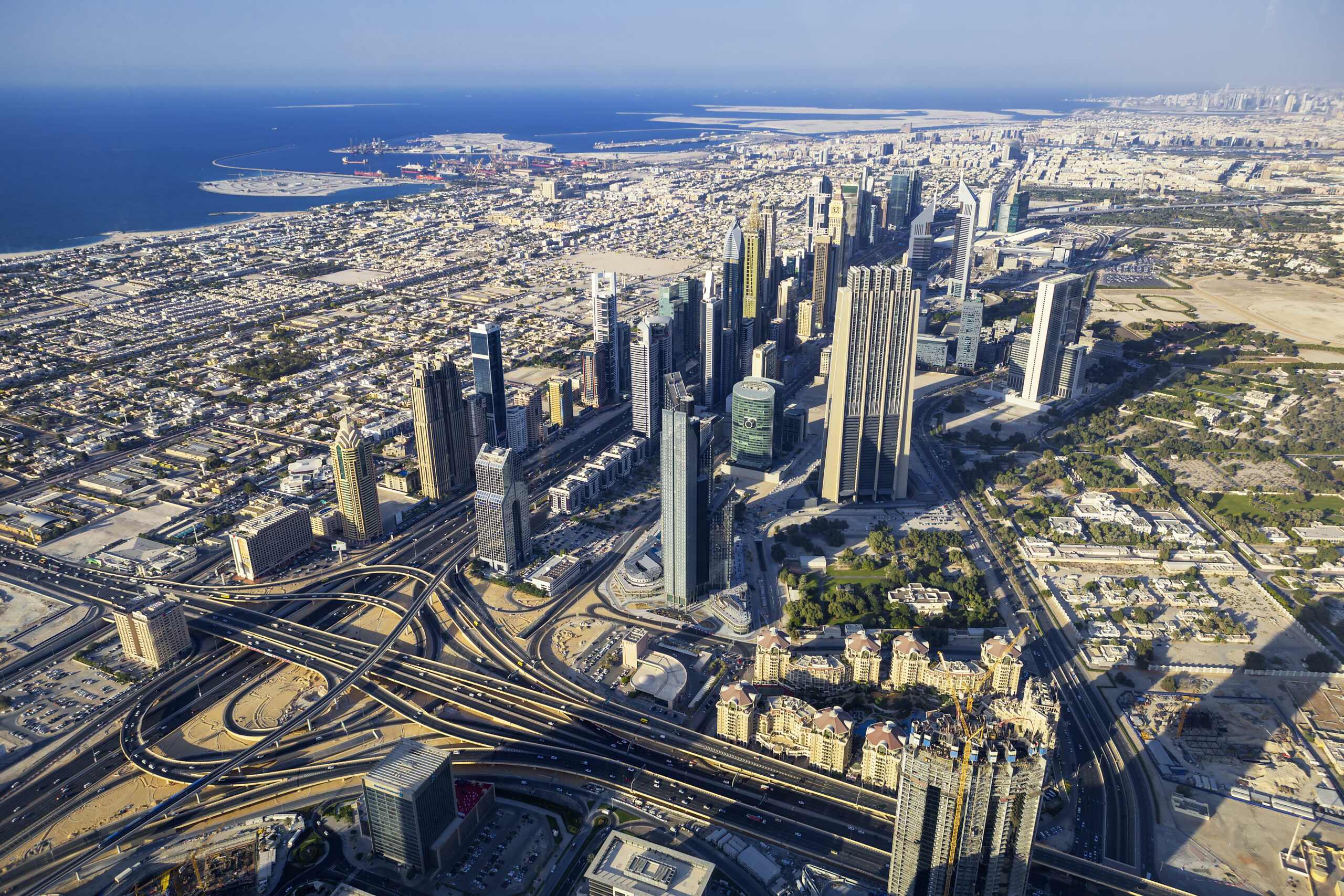Mainland vs Free Zone vs Offshore – Which UAE Business Structure is Right for You?

Mainland vs Free Zone vs Offshore – Which UAE Business Structure is Right for You?
One of the first big decisions you’ll make when starting a business in the UAE is choosing the right jurisdiction. Dubai and the wider UAE offer three core options — Mainland, Free Zone, and Offshore. Each comes with its own benefits, limitations, and ideal use cases.
In this guide, we break down all three to help you decide what’s best for your business.
Mainland Businesses (Onshore)
What is it?
Mainland companies are registered under the UAE’s Department of Economic Development (DED). They allow you to do business anywhere in the UAE, including directly with the local market.
Pros:
● Access to the entire UAE market
● Unlimited visas (based on office size)
● Eligible for government contracts
● Ability to open physical shops or offices freely
Cons:
● May require a UAE national as a service agent for some activities
● Higher costs (office rent, regulatory compliance)
Best for:
● B2C businesses (retail, restaurants)
● Companies targeting UAE nationals
● Businesses needing flexibility in office location
Free Zone Businesses
What is it?
Free Zones are special economic areas offering incentives to foreign investors. There are 40+ Free Zones in UAE (e.g., DMCC, IFZA, Dubai South), each with unique perks.
Pros:
● 100% foreign ownership
● Zero import/export duties
● Easy licensing process
● Often cheaper setup
● Sector-specific benefits (media, tech, trade, etc.)
Cons:
● Restricted from direct business with UAE local market (unless using a distributor)
● Limited visa quota (can be expanded)
● Must lease from within the zone
Best for:
● E-commerce
● Consulting or service businesses
● International trade companies
Offshore Companies
What is it?
Offshore companies are registered in the UAE but cannot operate inside the country. They’re mostly used for asset protection, tax planning, and international business.
Pros:
● 100% ownership
● No minimum capital required
● Confidentiality and low-cost maintenance
● Tax optimization
Cons:
● Cannot open a physical office in UAE
● No eligibility for UAE visas
● Cannot trade inside the UAE
Best for:
● International holding companies
● IP/trademark holding firms
● Investment or asset protection entities
Comparison Table
| Feature | Mainland | Free Zone | Offshore |
|---|---|---|---|
| 100% Ownership | Yes (most activities) | yes | yes |
| Trade in UAE | ✅ | ❌ (unless via agent) | ❌ |
| Visa Eligibility | ✅ | ✅ (limited) | ❌ |
| Physical Office | Required | Optional (flexi-desk) | ❌ |
| Best For | Local operations | Int’l & niche sectors | Holding & taxplanning |
Which zone is best for startups?
Free Zones are ideal due to lower costs, flexibility, and fast setup.
Can I change from Free Zone to Mainland later?
Yes, but it requires cancellation and new licensing.
Are Free Zones suitable for e-commerce?
Absolutely! Especially if you’re targeting global markets.
Each UAE zone offers unique advantages. If you want access to the UAE local market, Mainland is the way to go. Want 100% control and fast setup? Free Zones are perfect. Need an international holding structure? Go Offshore.
Need help deciding? Quikly can guide you through every step.








